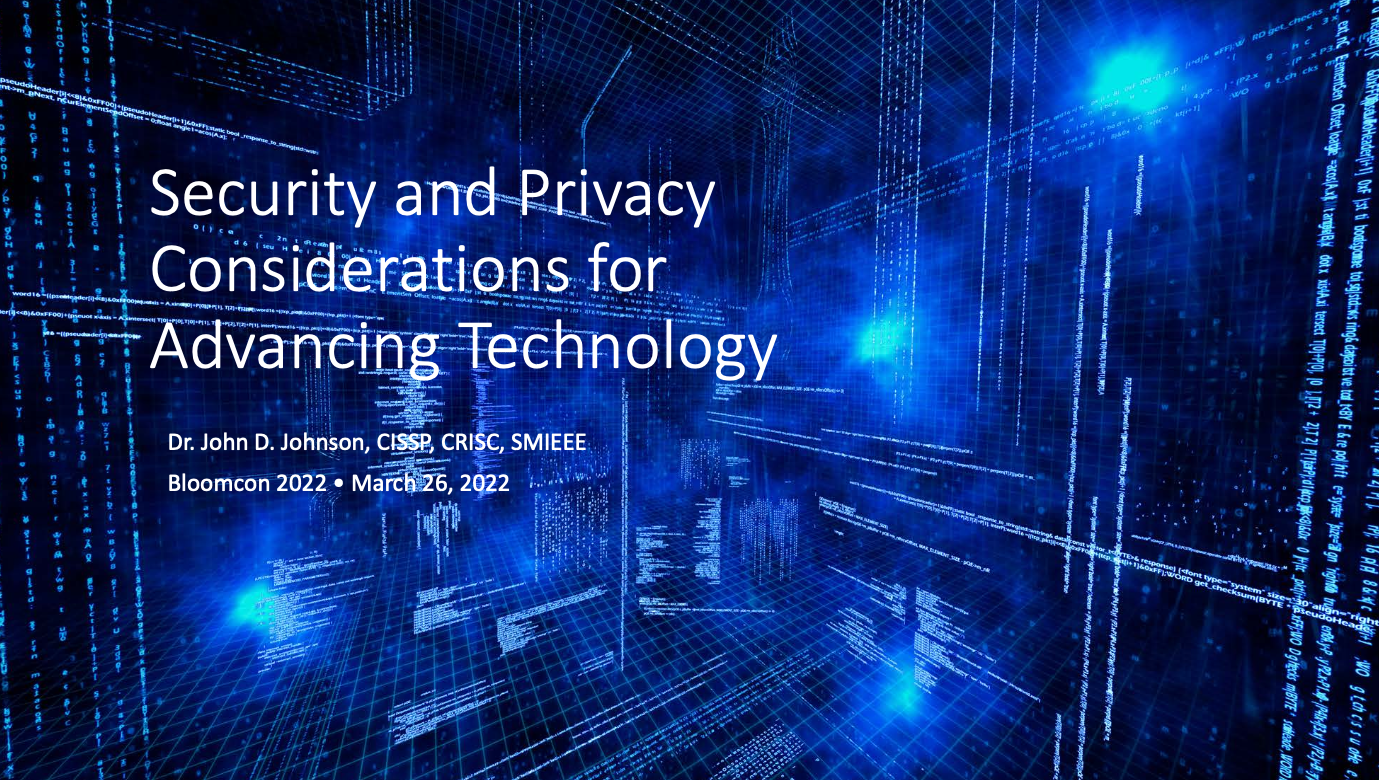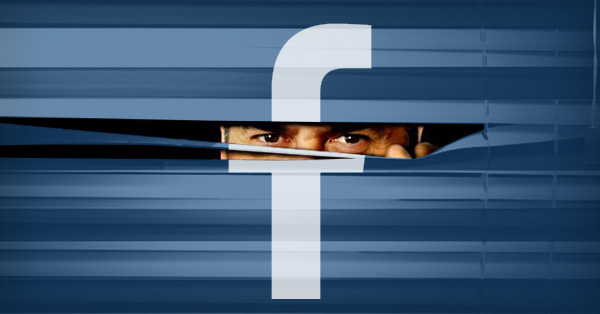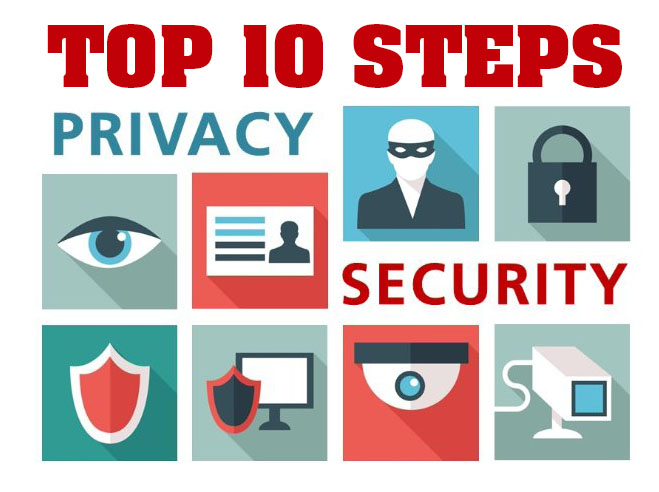Why are we paying attention to our online privacy now? In March 2018, it was discovered that Cambridge Analytica had been harvesting Facebook user information, and using it to build voter profiles which they then sold off to groups who wanted to influence the 2016 Presidential Election.
The issues we are facing today aren’t new. The Internet puts your personal information at risk: on your computer and mobile devices, in email and social media. It just becomes harder to protect your privacy and personal information, as the Internet and social media become more complex.
Link: Mark Zuckerberg Testifies Before Senate
Another reason we are paying more attention to privacy is that the European data privacy regulation (GDPR) goes into effect in May 2018. In Europe, consumers must explicitly opt in to get email and agree in advance to share their personal information. In the US, the common practice was “let the buyer beware”: US consumers often had to opt out to avoid having their personal information collected and shared. In the US, consumers have liability limited to $50 if a credit card is stolen, so they have a more lax attitude toward protecting financial information. In the EU, consumers are responsible for protecting their information and take privacy much more seriously. The US is starting to realize that personally identifiable information (PII) can include many items which when linked together can expose our habits and preferences, our personal health history and much more.
Consumers need to be aware of what they are sharing, and with whom. Companies like Facebook need to make it easier to make informed decisions. Security and privacy need to be the default, but don’t be naive, if companies like Facebook and Google are forced by regulators to change how they gather and use personal and marketing information, it may come at a cost to consumers.
Consumers are eager to take something for free, and without reading the terms and conditions when they sign up, they either don’t realize or don’t care that companies like Google and Facebook base their business model on selling your information. Now they are starting to revisit their online choices to better secure their PII as well as to secure their children.
Attacks on privacy, bullying and cyberstalking can occur due to our social media presence. Even children are affected, as they use social media, messaging and picture sharing apps. We all need to understand that our identity and safety are at risk, if we don’t understand the threats and implement better security controls.
In addition to our concerns over our privacy, or lack thereof, malware is still rampant, with 39% of malware being ransomware. The malware that infects our computers often comes from phishing emails and malicious links on websites. There are many other threats to our security and privacy in the world today, and it is the consumer’s responsibility to stay informed and take the basic steps to protect themselves and their loved ones. The government won’t do it for you.
Link: QC Cybersecurity Alliance Online Privacy & Security Resources
On behalf of the Quad Cities Cybersecurity Alliance, let me share some advice and best practices on security and privacy settings and tools, for your home computer, mobile devices and social media accounts.
Top 10 Steps to Protect Your Privacy and Secure Your Devices
1. Back up your data: If you have a safe external backup, it will help you recover from a virus or ransomware better. Even keeping your files in secure online storage like Dropbox can help you recover. Just makes sure to choose strong login options so someone else can’t steal or guess your password. Home backup solutions reviewed Read More



